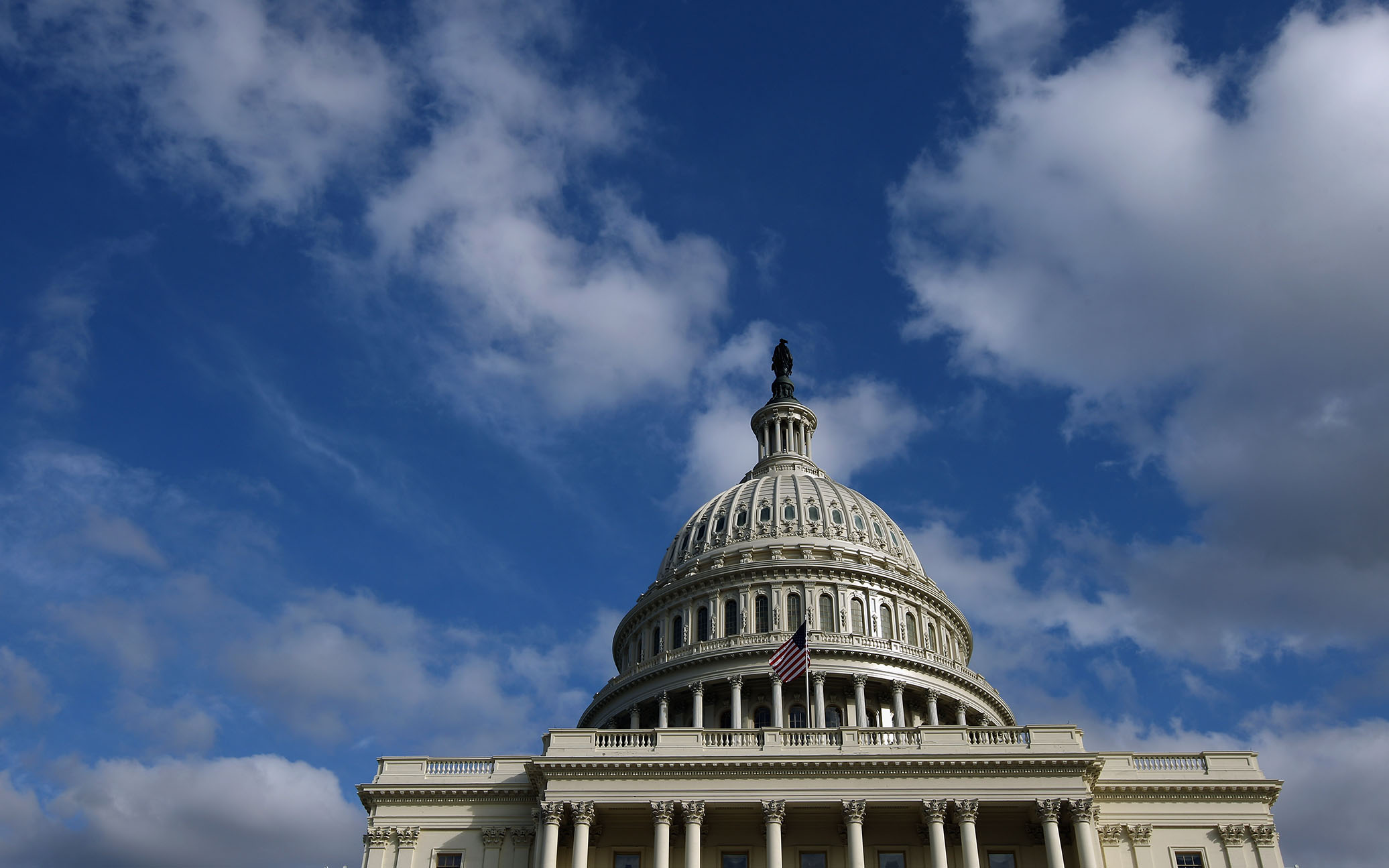CBO Analysis of Trump's 'Big, Beautiful Bill': Impact on National Debt and Insurance Coverage
The Republican party's proposed "big, beautiful bill" is facing scrutiny for its significant potential impacts on both national health coverage and federal finances, according to analyses by the nonpartisan Congressional Budget Office (CBO) and other policy organizations. The CBO reported that the legislation could leave 10.9 million fewer people in the US with health coverage while cutting over $1 trillion in spending from federal insurance programs over a decade. Simultaneously, estimates suggest the bill could add approximately $3 trillion to the national debt with interest, or as much as $5 trillion if its temporary provisions are made permanent.
A substantial portion of the projected health coverage losses stems from changes to Medicaid, the health program for low-income individuals, the elderly, and disabled children and adults. The CBO estimates that Medicaid enrollment would decrease by about 7.8 million people. This reduction is largely attributed to new work requirements mandating that able-bodied, childless adults spend at least 80 hours a month at work, in community service, or in an educational program. These changes are expected to cut $344 billion from Medicaid, out of approximately $780 billion in total cuts to the program.
Beyond Medicaid, the bill includes reforms to the Affordable Care Act (ACA) that could make purchasing insurance through its marketplaces more challenging and limit benefits for immigrants. Healthcare experts have expressed alarm at the scale of these proposed changes. Larry Levitt, executive vice president for health policy at KFF, described the potential impact as "the biggest rollback in federal support for healthcare ever," warning it would undo significant progress made in reducing the uninsured rate since the ACA's passage in 2010.
The White House and some Republican proponents have attempted to discredit the CBO's projections, suggesting potential political bias within the office or arguing that the estimates are overstated. They characterize the work requirements as "common sense" reforms unlikely to reduce coverage for those genuinely in need. House Speaker Mike Johnson questioned the perceived burden of these requirements, stating on "Meet the Press," "You’re telling me that you’re going to require the able-bodied, these young men, for example, to only work or volunteer in their community for 20 hours a week. And that’s too cumbersome for them? I’m not buying it. The American people are not buying it."
However, other healthcare experts contend that such work requirements often create bureaucratic hurdles, effectively blocking access to coverage for many eligible individuals. They cite Arkansas' brief implementation of work rules during the Trump administration, which resulted in about 18,000 residents losing coverage, even though studies found that "nearly everyone who was targeted by the policy already met the requirements." This suggests that administrative complexities, rather than non-compliance, can drive coverage loss.
On the fiscal front, the bill's financial implications are also considerable. As of a recent Treasury Department report, the U.S. national debt stood at $36.2 trillion, with the national deficit at $1 trillion. The Republican spending package aims to address a wide array of issues including tax policy, border security and immigration, defense spending, energy production, the debt limit, and adjustments to programs like SNAP and Medicaid. An estimate of the House-passed bill by the CBO, analyzed by the Committee for a Responsible Federal Budget (CRFB), projects it would add more than $2.4 trillion to primary deficits before interest over ten years.
The CRFB's analysis further detailed that the House-passed bill includes roughly $5.3 trillion in tax cuts and spending, partially offset by $2.9 trillion in revenue increases and spending cuts. Policies from the Ways & Means Committee are projected to increase deficits by $3.8 trillion on net, while those from the Energy & Commerce title would reduce deficits by $1.1 trillion. Overall, the CRFB stated the bill would add nearly $3.0 trillion to the debt through 2034, or $5.0 trillion if temporary provisions are extended.
The CRFB warned that the "One Big Beautiful Bill Act" (OBBBA) would "add far too much to the debt as written" and could cause more fiscal damage if temporary provisions are extended. The organization cautioned that the bill could boost near-term inflation, increase interest rates, add unnecessary complexity to the tax code, weaken market confidence, and slow long-term economic growth, urging the Senate to make the bill "more responsible."
The legislation has faced opposition even within Republican ranks, with Senator Rand Paul, R-Ky., expressing concerns about raising the debt ceiling without achieving corresponding fiscal targets. Top Democrats have voiced dire predictions, suggesting the changes to the federal healthcare system could lead to an estimated 51,000 American deaths. Adding to the dissent, Elon Musk, who previously headed a government efficiency initiative under Trump, has also come out against the bill.









